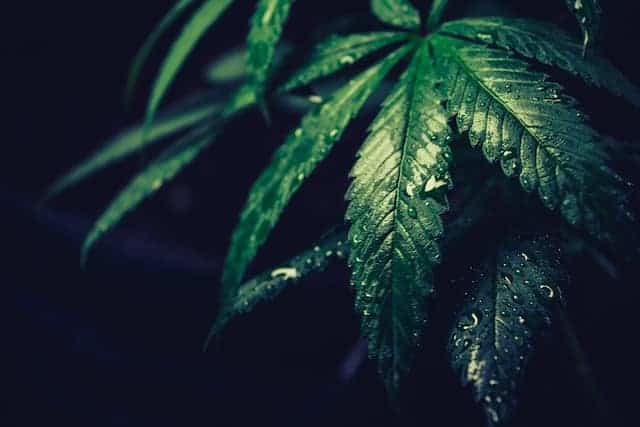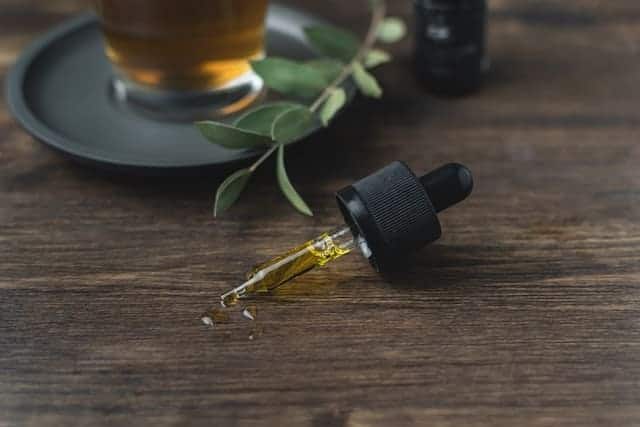Prior to 2018, CBD oil lived in a legal gray area. The substance clearly wasn’t a drug in the commonly thought of sense, as it can’t get you high and usually doesn’t show up on a drug test. However, since some types of CBD contain trace amounts of THC, it was technically considered by some authorities to be a drug like marijuana. As a result, CBD oil could be purchased, but not in a lot of places, as there was a serious fear of legal retribution.
That changed with the passage of the 2018 Farm Bill at the federal level. That legislation cleared the way for CBD to be bought and sold across the United States, as it removed the substance from the Food & Drug Administrations’ list of banned drugs. Thanks to this legislation, the CBD industry exploded in popularity. At least one industry projection sees the CBD industry growing at an average of 107% every year for the next three years.
The federal legislation allowed for CBD to be purchased and sold anywhere. Thankfully for consumers who are wondering where to get CBD oil, the answer is easy: Almost anywhere. However, just because you’re able to get CBD everywhere does not mean that it’s wise to. There are real concerns about the quality of CBD that you purchase, and that’s why it is very important that you buy your CBD from reputable vendors and make sure that you look into the quality of the CBD that you buy.
As you may have noticed, CBD is in quite a few stores. It is in many brick and mortar stores, including grocery stores and major drug chains, like Walgreens. You can often pick up the compound at gas stations or rest stops. Furthermore, thanks to the legalization of CBD, a plethora of websites have become to buy and sell the product. Technically, CBD is banned on Amazon, but as noted by the Washington Post, it is relatively easy to purchase the substance there anyway.
However, again: Just because you’re able to do something doesn’t mean that it’s a good idea. Unfortunately, CBD suffers from a credibility issue. The industry is largely haunted by a University of Pennsylvania study from 2017 which tested 84 CBD products for the accuracy of their labeling. That study found that nearly 70% of the tested products were mislabeled for a wide array of ingredients, including THC. This meant that someone could purchase a product, think it contained one thing, and actually have it contain something completely different. The THC inaccuracies are particularly problematic, as someone could fail a drug test if they use the wrong type of product.
FDA regulations do not regularly inspect products for accuracy. This means that it is far too easy for CBD products to be mislabeled and sold to consumers, particularly if it’s at a place where the seller doesn’t check for accuracy because they don’t care. Thankfully, consumers can avoid these problems by only purchasing CBD products that have gone through third-party testing. This is when an independent company tests a CBD product and puts the results of those tests on each label. This can provide consumers with a degree if comfort about the product that they are about to use.
Some states have enacted different regulatory programs in order to try and prevent this from happening, but at the moment, no state has enacted specific CBD licensing requirements. This means that no state has required its vendors to get a specific CBD license. While this allows for the proliferation of CBD, it also encourages bad actors to sell a subpar product. This is why it is even more important than ever for consumers to check the label of the product they purchase and only buy CBD that has gone through third-party testing.
There is a wide array of evidence that demonstrates CBD’s potential to help people with a variety of ailments, and thankfully, when it comes to where you can get CBD, you can get it anywhere. However, it’s wise for all consumers to pay attention to the specifics about where they make this purchase and ensure that they only purchase CBD that has been independently tested. The “where” part of CBD doesn’t matter nearly as much as the quality of the compound.
Most Recent Tested products

















Leave a Comment